Knowing your weeds is essential for successful gardening, and it’s important to keep a vigilant eye out for signs of trouble. Controlling weeds can be tricky; fortunately, there are plenty of effective ways to manage them and keep your garden looking its best.
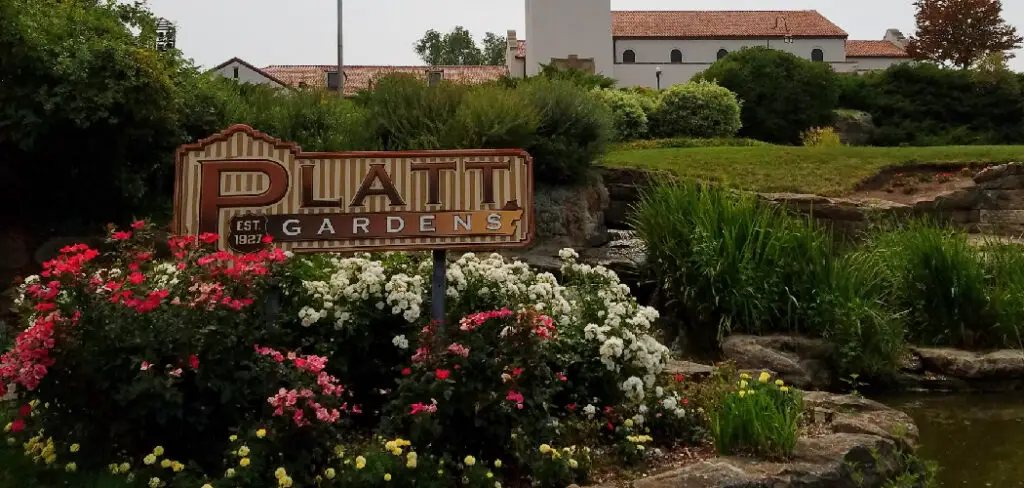
In this post, we’ll take you through the basics of how to deweed a garden, from identifying common types of weeds to utilizing preventive techniques and safe elimination methods. Read on to learn more about these useful tips that will help you keep your outdoor space weed-free all season long!
What Will Kill Weeds Permanently?
Weeds can be notoriously hardy and difficult to eradicate from a garden, but there are some methods that can kill weeds permanently. Organic herbicides such as vinegar, salt, and boiling water work well in killing young weeds. These solutions will burn the weed’s foliage on contact but may need to be applied multiple times for total eradication.
Non-selective herbicides like Roundup or other glyphosate-based solutions will also kill weeds effectively, although they may require several applications over time to ensure roots have been treated as well.
Chemical-free alternatives such as solarization work best when used prior to planting or when dealing with large areas of weed control. To solarize an area where weeds are present, cover it in clear plastic and allow the sun to heat up the soil.
This will scald plant matter in the top layers of soil, killing any seeds or weeds present. Solarization is an effective method for killing weeds but does require patience as it can take several weeks for the process to be complete.
For persistent weed problems, mulching can be a great way to prevent weed growth and protect your garden beds from further infestation. Mulch acts as a barrier between soil and sunlight, thus preventing any new weeds from growing or setting seed while simultaneously providing valuable nutrients and moisture retention that plants need to thrive
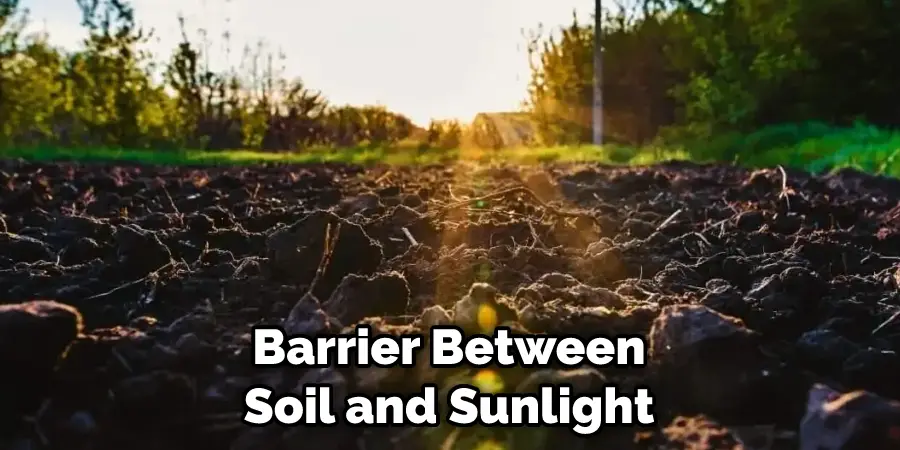
8 Methods How to Deweed a Garden
1. Hand-pulling
One of the simplest and most effective ways to remove weeds from your garden is to simply pull them by hand. This works best for small weeds that have not yet gone to seed. Be sure to pull up the entire root system so that the weed does not regrow. If the soil is dry, moisten the area beforehand to make it easier to pull up the weeds.
However, it is important to be careful not to disturb any nearby desirable plants in the process. Though this method may be labor-intensive, it is a great way to keep your garden looking neat and tidy.
2. Smothering
Smothering is a technique that can be used to kill both annual and perennial weeds. To smother a weed, cover it with a thick layer of organic material, such as newspaper, cardboard, or decomposing mulch. This will prevent sunlight and oxygen from reaching the weed, eventually killing it.
It’s important to ensure that the layer of smothering material is thick enough so that light and oxygen can’t penetrate. In addition, make sure to overlap the edges of the smothering material so that weed seeds can’t germinate and grow. Smothering weeds is a great way to kill them without the use of chemicals.
3. Corn gluten meal
Corn gluten meal is a natural herbicide that can be used to control weeds in your garden. It works by preventing the weed seeds from germinating. Corn gluten meal should be applied before the weeds have emerged, as it won’t work on existing weeds. It is best to apply it in the early spring before weed seeds have had a chance to germinate.
Corn gluten meal also acts as a fertilizer, so it can be a great way to get rid of weeds and also give your plants a boost. It is important to note that corn gluten meal will not kill existing weeds, so if you have a serious weed problem, it may not be the best solution.
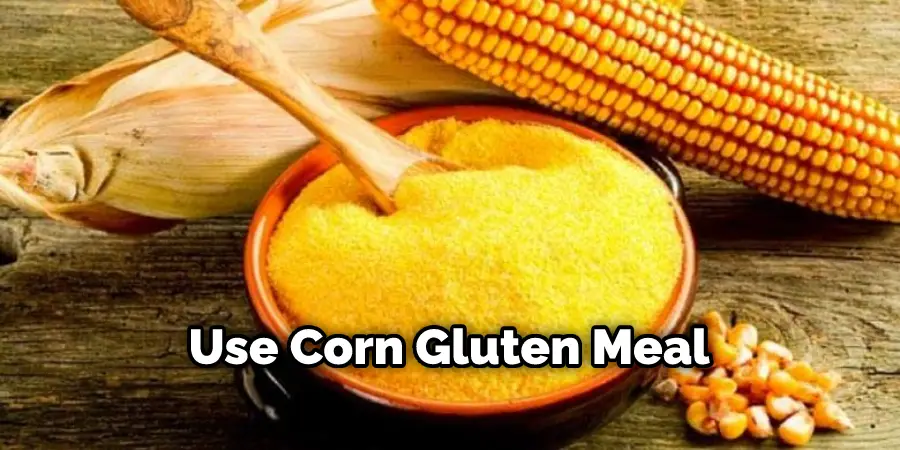
4. Vinegar
Vinegar is an acidic substance that can be used to kill weeds. It works best on young, small weeds that have not yet gone to seed. To use vinegar, mix one part vinegar with four parts water and add a few drops of dish soap.
This will help the solution stick to the weeds. Once you’ve mixed the solution, pour it into a spray bottle and spray the weeds directly. This method works best when the weather is sunny and warm. For larger, tougher weeds, you may need to apply the vinegar more than once.
5. Boiling Water
Boiling water is another simple way to kill weeds in your garden. This method should be used with caution and only on the target weeds. Boil a large pot of water and carefully pour it onto the weed or weeds you wish to get rid of. Be mindful not to burn any nearby plants, as boiling water can damage them.
This method works best for smaller clusters of weeds that are well-defined, as pouring boiling water on a larger area can be difficult to control and may burn surrounding plants. After pouring the hot water, wait several days for the results.
6. Salt
Salt is a very effective way to kill weeds, but it can also damage your soil if used too frequently. To use salt, simply sprinkle it on the weed and wait for it to die. Once the weed has died, be sure to rinse off any salt residue that remains on your soil.
Additionally, you may want to add some fertilizer or mulch to your soil after de-weeding with salt in order to replenish the nutrients that were lost. Be sure not to use too much salt as it can be damaging to your garden. With this method, it’s important to be careful and use only the recommended amounts.
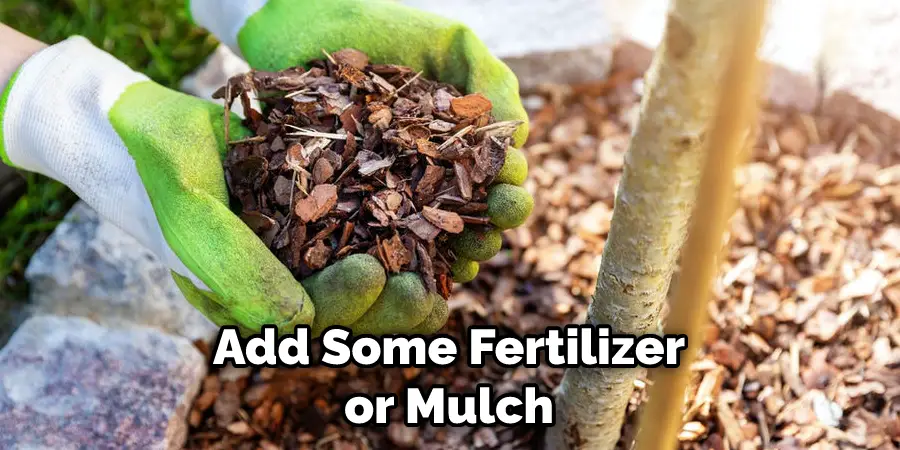
7. Herbicides
There are many different types of herbicides available on the market today that can be used to kill weeds in your garden. Be sure to read the labels carefully and follow the instructions exactly so that you do not damage your plants. Some herbicides are more effective than others, so it is important to research the ones that are best suited for your particular weed problem.
Keep in mind that herbicides can be dangerous and should only be used with extreme caution. Wear protective gear, such as gloves and a mask, when using them, and always follow the directions closely.
Additionally, some herbicides may require multiple applications over several weeks or months before the weeds are completely eliminated. Be patient and persistent when using herbicides for weed control in your garden.
8. Solarization
Solarization is a method of heating the soil with solar energy in order to kill weeds and other pests. This technique works best when the soil is dry, so it should be used in the summer when there is plenty of suns. To solarize your garden, cover the area with a transparent plastic sheet and leave it for several weeks during the hottest part of the day.
The plastic will trap heat and create an environment that is too hot for weeds to survive. Once you’ve solarized the area, be sure to break up the soil with a shovel or rake in order to remove any dead weeds and plant debris.
Things to Consider When Deweeding a Garden
1. Consider the Type of Weeds You Are Dealing with:
Some weeds are easier to remove than others, so it’s important to identify what kind of weeds you are trying to get rid of before beginning the de-weeding process.
2. Think about How Often You Need to Check for New Weed Growth:
Weeds can grow quickly and spread, so it’s important to keep an eye on them. If you ignore them, they can take over your garden before you know it!
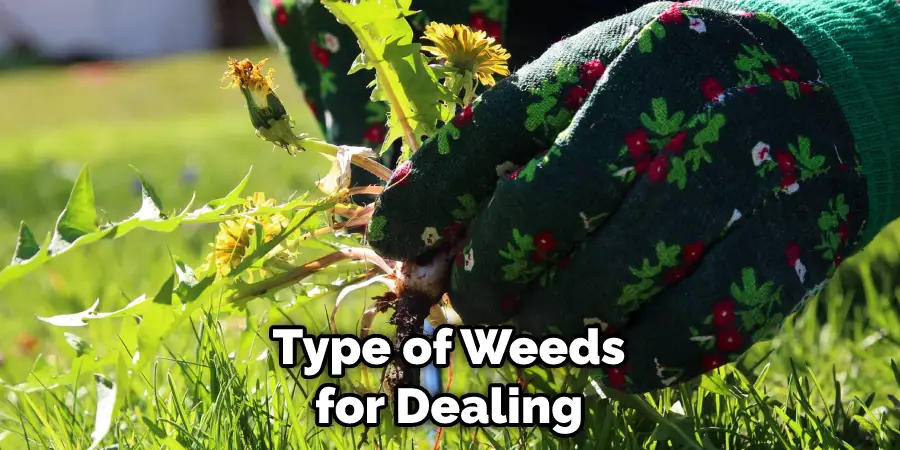
3. Choose the Appropriate Tools:
Different types of weeds require different tools for removal. For instance, some weeds are better removed using a hand weeder, while others may be best pulled up with a hoe or trowel. Make sure to select the right tool for each weed type.
4. Take Your Time and Be Patient:
Deweeding is not something that happens overnight; in fact, it takes time and patience to completely remove all the weeds from your garden. Allow yourself time to do the job properly without rushing through it and potentially missing any weeds.
5. Think About How to Prevent Future Weed Growth:
Once you have removed all the weeds from your garden, it’s important to take steps to prevent them from growing back. This may include using mulch, applying a pre-emergent herbicide, or planting a ground cover. Taking preventative measures will help ensure that your garden is weed-free for longer periods of time.
Conclusion
No matter how you choose to take on the task of weeding a garden, what matters most is that it gets done. Just remember that wedding doesn’t have to be painstakingly tedious – by following some simple steps and allocating suitable time towards the task, it can be easy and even somewhat enjoyable! Now that you know how to deweed a garden, get out there and make your yard look beautiful – your plants will thank you for its!
You can check it out to Keep People From Walking Through Your Yard.
About
Outdoor Fixes is a distinguished figure in the world of Diy design, with a decade of expertise creating innovative and sustainable Diy solutions.
His professional focus lies in merging traditional craftsmanship with modern manufacturing techniques,
fostering designs that are both practical and environmentally conscious. As the author of diy,
outdoorfixes delves into the art and science of outdoorfixes-making, inspiring artisans and industry professionals alike.
Education RMIT University
(Melbourne, Australia) Associate Degree in Design (Outdoor Fixes) Focus on sustainable design, industry-driven projects,
and practical craftsmanship. Gained hands-on experience with traditional and digital manufacturing tools, such as CAD and CNC software.
Nottingham Trent University
(United Kingdom) Bachelor’s in outdoorfixes.com and Product Design (Honors) Specialized in product design with a focus on blending creativity with production
techniques. Participated in industry projects, working with companies like John Lewis and Vitsoe to gain real-world insights.
Publications and Impact
In diy, Outdoor Fixes his insights on indoor design processes, materials, and strategies for efficient production.
His writing bridges the gap between artisan knowledge and modern industry needs, making it a must-read for both budding designers and seasoned professionals.

